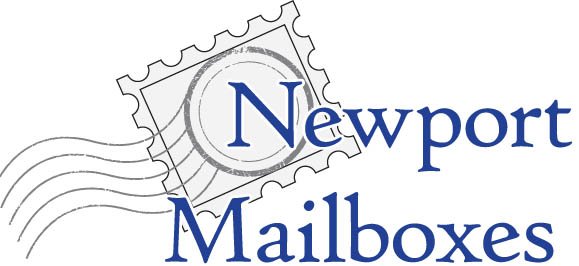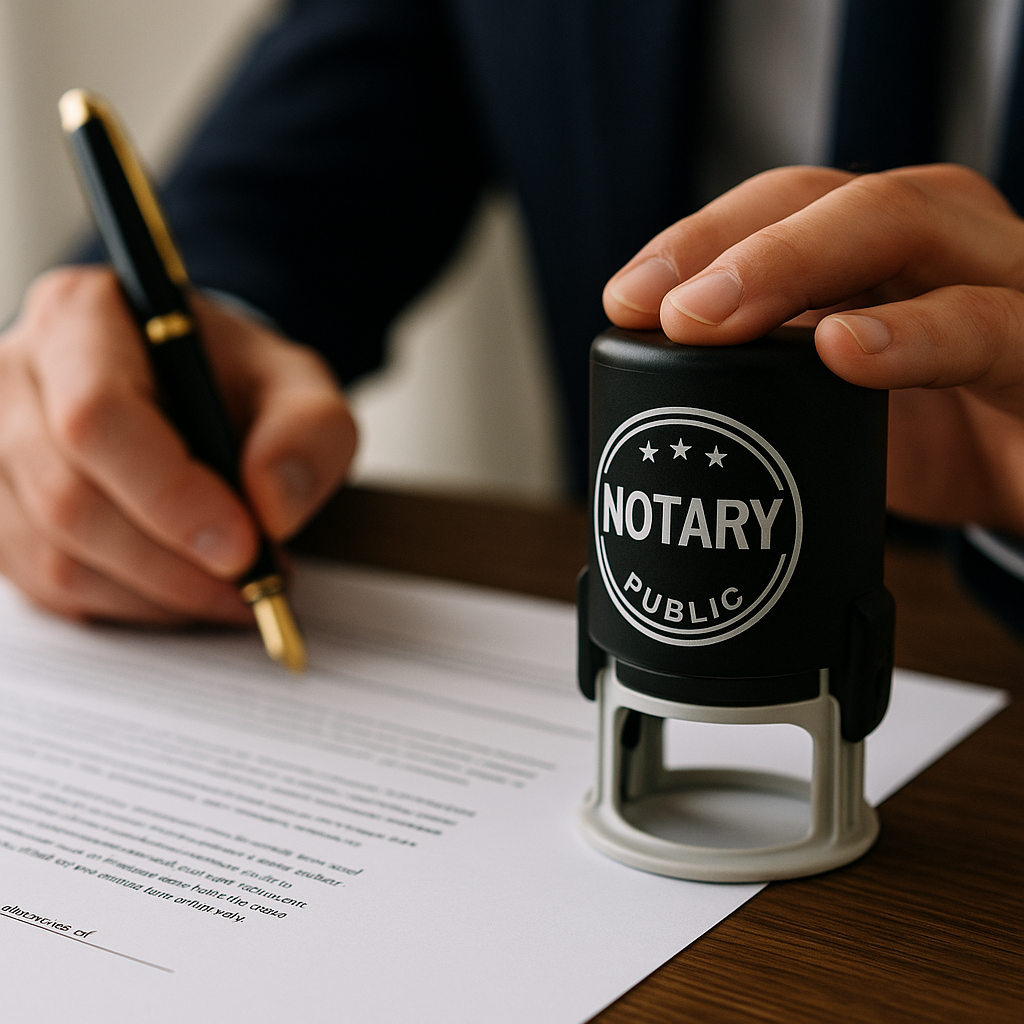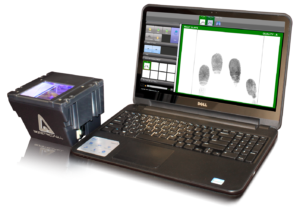When it comes to legal documents, accuracy matters. This is especially true when a document needs to be translated from one language to another. Whether you’re handling a foreign birth certificate, international contract, or other important paperwork, making sure everything is translated correctly and notarized properly can be the difference between approval and rejection. That’s why understanding how document translation and notarization work together is so important.
In this blog post, we’ll explain what it means to notarize a translated document, when it’s required, and how to make the process easy and accurate—especially for people working with multilingual paperwork.
Why Translated Documents Need to Be Notarized
Many government agencies, schools, and legal organizations require important documents to be translated into English before they can be accepted. Common examples include:
- Foreign birth or marriage certificates
- Diplomas and school transcripts
- International contracts and business agreements
- Travel consent forms
- Immigration records
These documents often need to be notarized to prove that the translation is accurate and trustworthy. The notary doesn’t certify that the original translation is correct—they certify the identity of the person making the statement (usually the translator) and that the person swears the translation is true.
Who Can Translate the Document?
While anyone fluent in both languages might be able to translate a document, many agencies prefer or require the use of a certified translator. A certified translator will provide a signed statement (often called a “Certificate of Accuracy”) that says they are qualified to translate the document and that the translation is complete and correct.
This certification can then be notarized to confirm that the translator is the one making the claim. It’s important to remember: the notary doesn’t verify the content itself. Instead, they confirm that the translator’s signature and statement were made willingly and under oath.
What to Bring to a Notarization for a Translated Document
If you need a translated document notarized, make sure to bring the following items:
- The original document (in the foreign language)
- The translated version (in English)
- The translator’s signed statement or certificate
- A valid photo ID (for the translator, if they are present)
- Any additional forms required by the requesting agency
Sometimes the translator and the person submitting the document are the same. In that case, that person must be prepared to present their ID and sign the statement in front of the notary.
Common Situations That Require Notarized Translations
People often run into the need for notarized translations when dealing with:
- Immigration paperwork: Agencies like USCIS may require notarized translations for supporting documents.
- School enrollment: Parents enrolling children in U.S. schools may need to provide translated birth certificates or academic records.
- Real estate: Buying property in another country—or selling property as a non-citizen—may require both notarized and translated contracts.
- International business: Companies working across borders may need notarized contracts, agreements, and licenses translated for local use.
Each situation has its own rules, but in general, it’s safer to assume that both accurate translation and notarization will be needed.
Why Accuracy and Trust Matter
Even small translation mistakes can lead to big problems. A wrong date, misspelled name, or incorrect number can slow down a process, result in a denial, or even cause legal trouble. That’s why it’s important to work with people and businesses that understand both translation and notarization.
While the notary doesn’t correct or proofread the translation, their job helps protect all sides by confirming that the person providing the translation is taking responsibility for it. It adds a layer of trust and official recognition to the process.
How the Process Works in Newport Beach
For residents and professionals in the area, the process of notarizing translated documents doesn’t have to be stressful. A conveniently located, experienced shop that handles notary services can make a big difference in how smooth and fast everything goes.
Some shops may also offer multilingual support or help coordinate with certified translators. The best option is to find a full-service location that understands the process and can guide you step-by-step.
Places that offer services like notary Newport Beach are well-prepared to work with translated documents. They know what to look for, how to check for completeness, and what’s needed to ensure your paperwork will be accepted by schools, government offices, or legal professionals.
Final Thoughts
Handling foreign documents can be tricky, but it doesn’t have to be overwhelming. By understanding the importance of both accurate translation and proper notarization, you can make sure your documents are ready to be submitted wherever they need to go.
Whether it’s for personal use, school, business, or legal purposes, knowing how to prepare—and where to go for help—will save time, reduce stress, and avoid costly mistakes. When in doubt, bring your documents, ask questions, and work with a notary service that treats every step with care.



